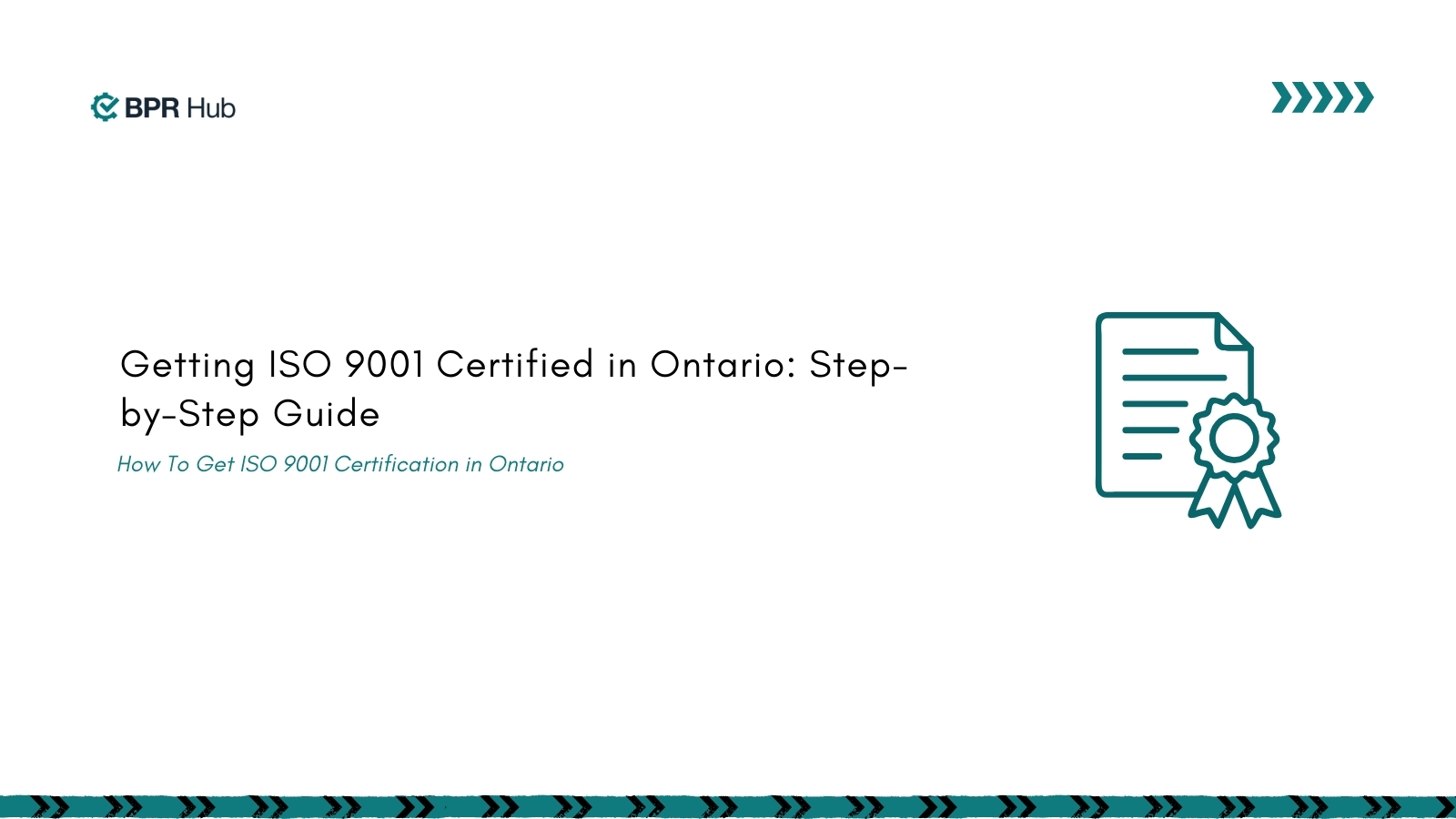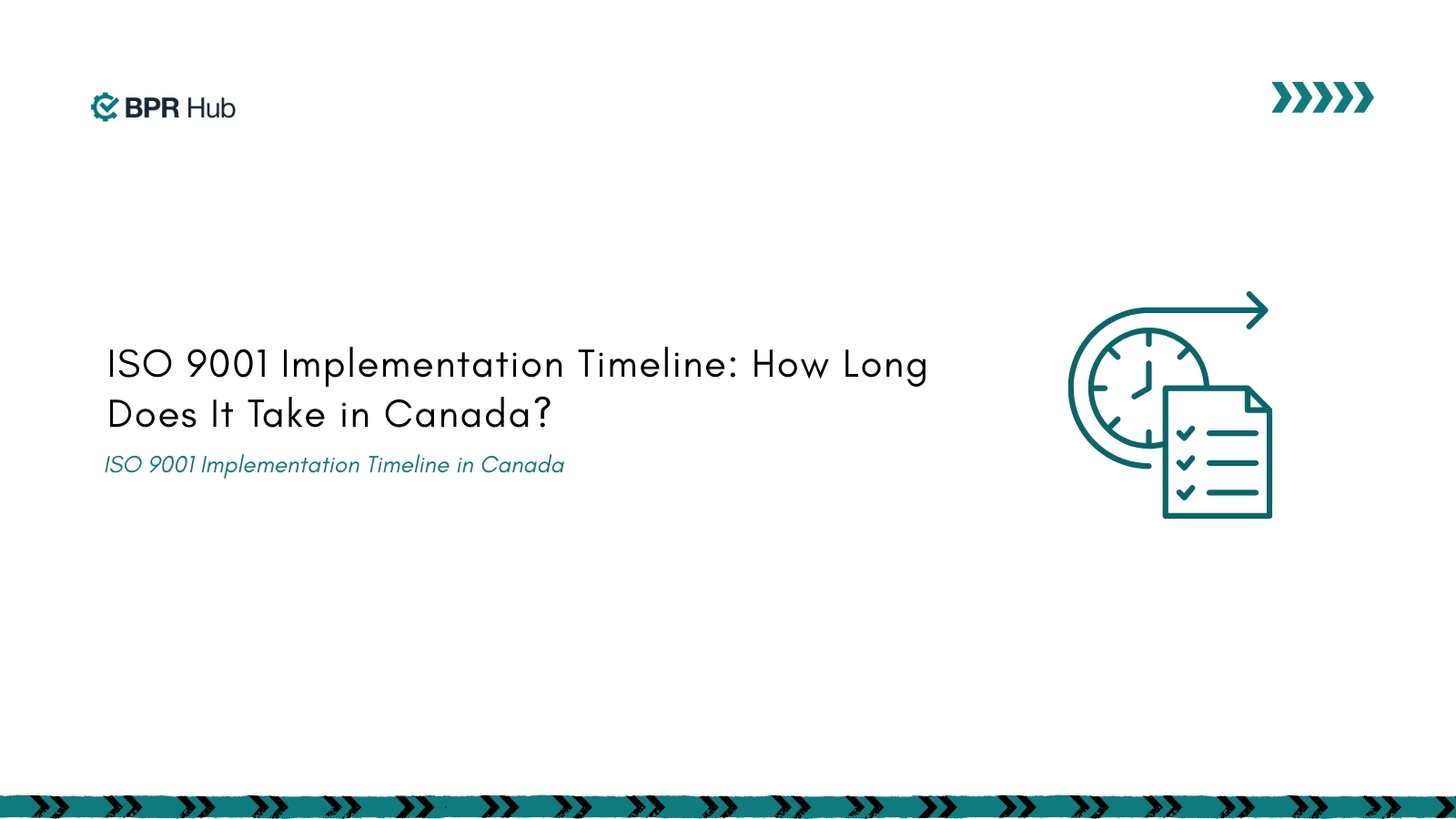Many businesses in the aerospace sector face challenges with strict quality standards. Standard quality management systems often do not fit the unique demands of aerospace. Consistent quality control becomes difficult. Clients in aerospace want proof of reliability. Meeting these expectations is not easy. AS9100 certification addresses these issues for aerospace companies. By meeting AS9100’s high standards, companies signal operational reliability and win customer trust. Internal processes become more reliable. Customer satisfaction and business growth improve.
This blog explains the AS9100 certification cost and how BPR Hub offers a simplified path to AS9100 certification, guiding businesses through every step with clarity and efficiency. Whether you're preparing for your first audit or working to maintain certification, understanding the core requirements is critical to staying competitive.
Who Uses AS9100 Certification?
AS9100 or EN9100:2018 (In Europe, AS9100 is referred to as EN9100:2018. The requirements are functionally equivalent), or AS9100D certification, is primarily used by companies in the aerospace and defense industries. The International Aerospace Quality Group (IAQG), in collaboration with experts from the aviation, space, and defense sectors in the Americas, Asia/Pacific, and Europe, created the standard. The certification is recognized globally, making it essential for any business working within these sectors.
AS9100 was introduced in 1999 to address the specific quality requirements of aerospace companies. It builds on ISO 9001 but includes stricter guidelines to ensure safety and reliability in aerospace products and services.
The certification helps manufacturers prove their commitment to quality and consistency, which is crucial in an industry where failures can have serious consequences.
Industries that commonly use AS9100 include:
- Aerospace Manufacturing: Companies that design and build aircraft, spacecraft, and related components.
- Defense Contractors: Businesses that provide equipment or services to military organizations.
- Suppliers and Service Providers: Any company offering parts, maintenance, or support to aerospace and defense contractors.
By adopting AS9100 certification, these companies demonstrate their ability to meet high standards, increasing their credibility within the aerospace market.
How AS9100 Certification Changes Your Business?

AS9100 certification offers a wide range of benefits that can significantly improve your business’s internal processes and open doors to new opportunities. With 75% of AS9100D aligning with ISO 9001:2015 and an additional 105 aerospace-specific requirements, this certification marks a strategic advantage.
Here’s a list of all the benefits you can expect from this certification:
Compliance with Industry Standards and Regulations
Achieving AS9100 certified status ensures your company meets the specific legal and regulatory requirements within the aerospace sector. In this way, you can avoid potential compliance issues and stay aligned with industry laws, regulations, and safety standards.
Improved Product Consistency and Quality
With AS9100 certification, your organization will focus on consistent, high-quality production processes. This leads to fewer defects, better customer satisfaction, and a stronger reputation for delivering reliable products.
Stronger Brand Image and Company Reputation
Certification signals to customers, partners, and stakeholders that your business is committed to maintaining rigorous quality management standards. This improves how your company is perceived in the market, making it more appealing to potential clients.
Better Internal and External Communication
AS9100 certification facilitates clear communication within the organization and external stakeholders. It defines roles and responsibilities, ensuring everyone is aligned and informed, improving operational efficiency, and reducing misunderstandings.
Minimized Risks, Failures, and Waste
AS9100 emphasizes the reduction of operational risks, failures, and waste. By adopting standardized processes, you can reduce errors, improve product quality, and cut unnecessary costs, directly benefiting the bottom line.
Demonstrated Commitment to Quality Management
The AS9100 certification is a visible indicator to customers and suppliers that your organization is dedicated to quality. This strengthens the relationships and builds trust with both existing and potential clients.
Better Supply Chain Management
AS9100 helps you improve the quality of your entire supply chain by setting high standards for suppliers. With more reliable suppliers and better coordination, you can reduce delays, improve lead times, and lower costs.
Increased Profitability and Organizational Growth
By improving operational efficiency, reducing waste, and increasing customer satisfaction, AS9100 certification can directly contribute to profitability and long-term business growth. The certification makes your business more appealing to investors, partners, and clients looking for reliable, high-quality suppliers.
Access to Large OEMs and Supply Chain Networks
Certification to AS9100 standards opens the door to working with large Original Equipment Manufacturers (OEMs) and other parts of the aerospace supply chain. Many major aerospace companies require AS9100 certification from their suppliers, meaning this certification can give you access to global clients and partners.
While AS9100 certification can enhance your business's reputation and profitability, it can also be a significant financial investment for mid-sized manufacturers. So, what exactly is the cost of obtaining AS9100 certification?
What Does AS9100 Certification Cost?
An impressive 96% of companies certified under the AS9100 series have fewer than 500 employees. This shows that mid-sized manufacturers are highly interested in this certification. For these companies, detailing costs is crucial. With limited budgets and resources, they need to carefully assess the financial investment required for certification to maximize value, streamline processes, and maintain competitiveness without straining finances.
Several factors make up the as9100 certification cost.
Contracting a Registrar
The registration audit is performed by an accredited registrar, and their fees are typically based on the size and complexity of your organization. The more complex your processes are, the more audit days the Registrar will need, which will drive up costs. Additionally, if the Registrar is not local, there will be travel expenses. Other administrative and accreditation fees may also apply.
To get an accurate estimate of the cost for your company, it’s best to contact a registrar directly and request a quote based on your specific needs.
Internal Costs
One often-overlooked AS9100 certification cost is the internal time and effort required to build, implement, and maintain your quality management system (QMS). This involves dedicating employees to tasks such as process mapping, documentation creation, training, and ongoing compliance management. The time spent by employees will vary depending on the size of your company and how established your current QMS is. For smaller companies, the internal cost might be relatively low, while larger companies may need to allocate significant resources to meet AS9100 requirements.
Outside Help (Consultants and Tools)
While some companies may have the internal expertise to implement AS9100 certification on their own, others may require external help in the form of consultants or specialized tools. Consultants typically charge for their expertise in setting up your QMS, providing training, and guiding you through the certification process. If you choose not to hire a consultant, you can go for one package fee model.
Get a custom AS9100 compliance roadmap. See how BPR Hub reduces AS9100 implementation cost.
📍 Book a Demo
📧 hello@bprhub.com
Estimated AS9100 Implementation Costs
Note: This is an estimated budget. This still changes with time and on the basis of the one-pricing package or the consultant's hourly rate. The best way to prepare for the estimated budget is to contact the service provider.
Ways to Keep AS9100 Certification Costs Down
Achieving AS9100 certified status is a valuable investment, but it can be expensive, especially for smaller organizations. However, there are several strategies you can implement to help reduce the overall certification costs while still meeting the necessary standards:
Use Existing Quality Systems: If your organization already has a basic Quality Management System (QMS) in place, you can save significant costs by building on what’s already established.
Train Your Internal Team: Instead of hiring external consultants for training and implementation, invest in training your existing staff.
Use Cost-Effective Documentation Tools: Affordable software solutions can help you quickly and efficiently implement AS9100 standards.
Streamline Internal Processes: Perform a gap analysis of your current QMS and address areas that require improvement. The more prepared your organization is, the fewer external audit days you’ll need, lowering the Registrar’s fees.
What Drives AS9100 Certification Costs?
Several factors influence the overall AS9100 certification cost of obtaining and maintaining. These factors will help you better prepare for the financial investment and avoid unexpected expenses:
Employee Number and Organization Size: Larger companies generally face higher costs due to more extensive audits and documentation needs.
Process Changes and Documentation: The need for documentation and process changes can drive up costs.
Employee Training: Training your team on new quality management systems and AS9100 requirements is essential and can be costly.
Post-Certification Costs: Ongoing expenses include surveillance audits and recertification, typically every three years.
How BPRHub Drives AS9100 Compliance
BPRHub partners with companies to simplify AS9100 compliance and certification. The platform helps with audit preparedness. Digital checklists and reminders keep you on track. The system tracks and manages nonconformance reporting (NCR) and deviation management. Documents are organized, for easy access during audits. Corrective action tracking and root cause analysis are automated. The platform also supports team training with up-to-date resources.
Ready to simplify AS9100 certification and impress aerospace buyers? Get your audit-ready system live in weeks, not months.
📍 Book a Demo
📧 hello@bprhub.com
FAQ
How long does it take to get AS9100 certified?
The certification process typically takes around 3 to 6 months, depending on the size of your organization and the maturity of your quality management system (QMS).
Do I need to hire a consultant for AS9100 certification?
It’s not mandatory, but many companies choose to hire a consultant for guidance, especially if they lack internal expertise. Consultants can help with documentation, training, and navigating the certification process.
Is AS9100 certification mandatory for all aerospace companies?
While not legally required, AS9100 certification is often a prerequisite for working with aerospace OEMs and suppliers. It is considered a standard for quality in the aerospace industry.
How often do I need to renew my AS9100 certification?AS9100 certification requires annual surveillance audits, with full recertification every three years. These audits ensure continued compliance with the standards.
Can AS9100 certification help improve my company’s overall quality management?
Yes, implementing AS9100 certification can significantly enhance your company’s internal processes, improve product quality, and increase customer satisfaction by aligning your practices with international best standards.
Get insights that help you minimize risks and maximize profits.
Dive deeper into manufacturing compliance with our free resources.
We get it, compliance can get tough.
Here are some additional resources to help.
We get it, compliance can get tough. Here are some additional resources to help.
Get updates in your inbox

.svg)
%20(1).svg)





%20(1).svg)

.avif)

